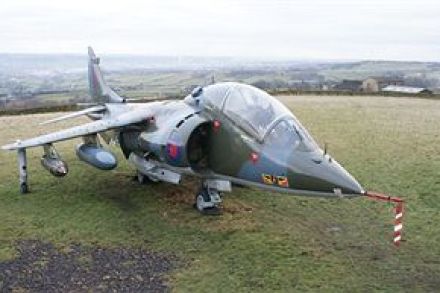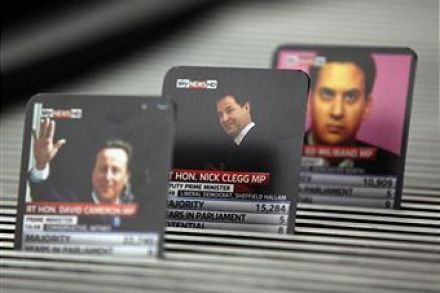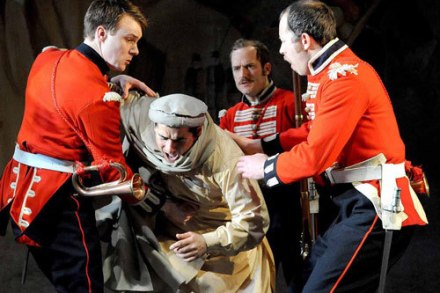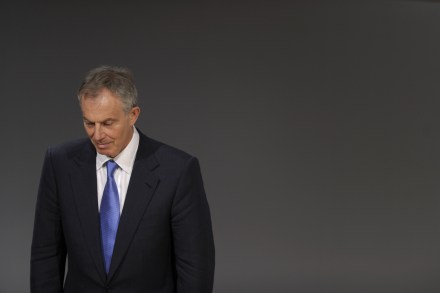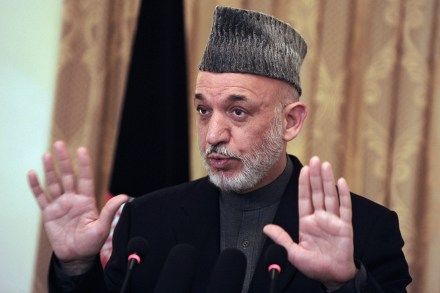The case for retaining Harrier in Afghanistan
Lord Owen, among others, has responded to Colonel Gaddafi’s bloodcurdling lunacy by insisting that a no-fly zone be imposed over Libya. But, as Con Coughlin has suggested, it is unlikely that Britain could support such an operation without a fixed-wing attached to an aircraft carrier. The debate about the Strategic Defence Review and Britain’s military capability has reopened. The SDSR put Afghanistan first. As armed Forces Minister Nick Harvey explained in a recent speech to RUSI: ‘Throughout the next few years, the mission in Afghanistan remains our main effort. Having made this commitment in the SDSR, this shaped many of our other decisions: the proposed changes to the Army, for
